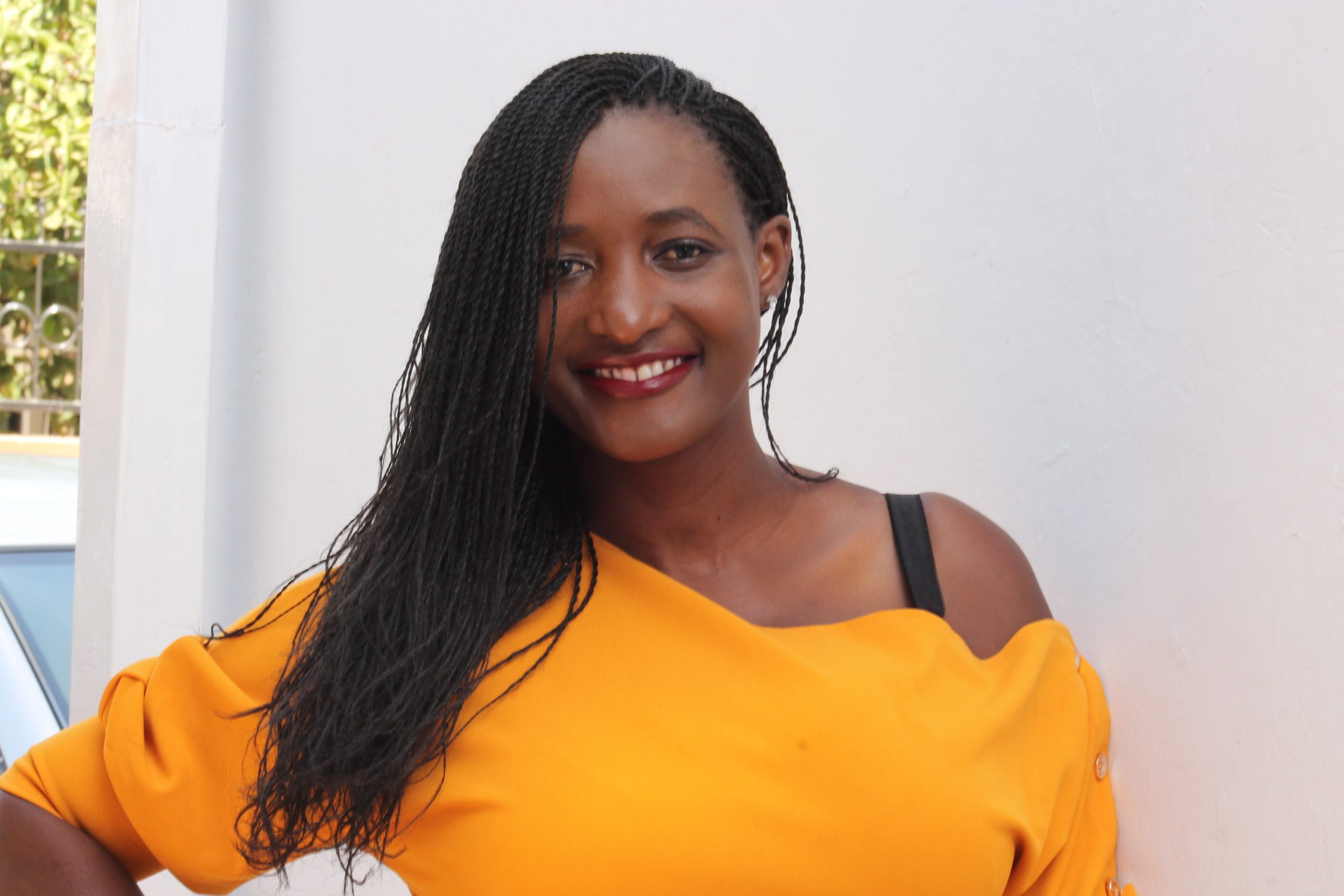Born in Pedrinhas – Sergipe, Brazil • Birth year 1989 • Studied BSc in Mathematics at the Federal University of Sergipe (UFS) in Aracaju, Brazil • Highest Degree PhD in Mathematics at Pontifical Catholic of Rio de Janeiro (PUC-Rio) • Lives in Lisbon, Portugal • Occupation Postdoctoral researcher at IST – University of Lisbon
I decided I wanted to be a math teacher when I was eleven years old. It’s funny to remember that at such a young age, I already knew what I wanted to do with my life. I always had one of my biggest inspirations at home, my mom was a high school teacher and she loves math. I also enjoyed studying math and its accuracy always enchanted me.
Another of my goals was to study math at the Federal University of Sergipe (UFS), the only public university in Sergipe. This was one of the first challenges that I had on this journey. I studied hard to get into university. Fortunately, I got into UFS.
At the beginning of College, everything was amazing, I was living the dream. Even though I had many difficulties with the adaptation process to the university, the new city, and also living far from home, I had the courage and perseverance to tackle each of them. I believe that dealing with our inner selves is one of the biggest challenges we face when studying mathematics. Staying motivated and confident is hard work. This field of science is very beautiful but at the same time very difficult. During this time, I had the pleasure to interact with great professors who inspired me to continue studying mathematics. I’ve always been delighted by the mathematical concepts and the arguments that we use to produce the beautiful math demonstrations.
Staying motivated and confident is hard work. This field of science is very beautiful but at the same time very difficult.
At this point, I decided to get my Master’s degree in mathematics. At that time, I had no idea what being a researcher was like. Different from my Bachelor’s, I was the only woman in the class. I started to feel like I didn’t belong in that space. I no longer felt comfortable talking and exchanging ideas with my colleagues; it was impossible not to compare myself with the others and I tried to fit in.
Even though I had many difficulties, I got my Master’s degree. I survived and thanks to my desire to never give up I started my Ph.D. in math at PUC – Rio. As I studied commutative algebra during my Master’s degree, my first thought was to continue studying this subject, but there was no specialist Professor at the time at PUC – Rio. Looking back, I think this was a good thing, as it opened up so many possibilities. Trying to find myself I attended a seminar that focused on partial differential equations (PDEs) with algebra ingredients. I always had this enchantment in studying subjects at the intersection of many fields. I was very glad to see these connections as an example of the magnitude of the study of PDEs and their applications.
Trying to find myself I attended a seminar that focused on partial differential equations (PDEs) with algebra ingredients. I always had this enchantment in studying subjects at the intersection of many fields.
During my doctorate I had the opportunity to attend many scientific events including gender initiatives, give presentations, and I also had the opportunity to study at the University of Central Florida as a Visiting Fellow. After completing my Ph.D., I visited the Centro de Investigación en Matemáticas (CIMAT) in Mexico and held a postdoctoral position at São Paulo University, São Carlos in Brazil. These experiences contributed significantly to my research career, because I learned so much mathematics, but also I got some independence and learned a little bit about how a researcher’s career works. I am extremely grateful for the many special people who supported me throughout this journey.
It is worth mentioning that one of the biggest difficulties I deal with during my journey is the feeling that I have to be strong all the time. I’m not supposed to make mistakes and I do have to know the answers to every question. Nevertheless, the challenges inspire me and arise my curiosity. This is the feeling that moves me to overcome the difficulties that appear to me as a mathematician, such as learning new PDE methods or gender issues. For me, the scientific and human exchange is one of the greatest gifts the profession has given me.
My research area concerns the study of regularity theory, the existence and the uniqueness of the solutions to elliptic and parabolic equations. Currently, I am a postdoctoral researcher at Instituto Superior Técnico (IST) – University of Lisbon and I am very excited to write this new chapter of my career as a woman in science.



Recent Comments